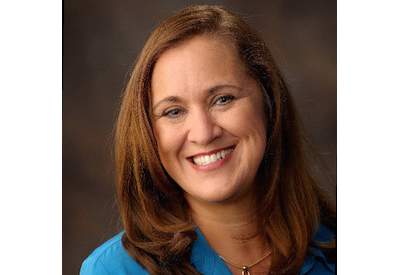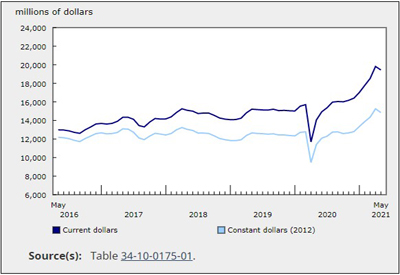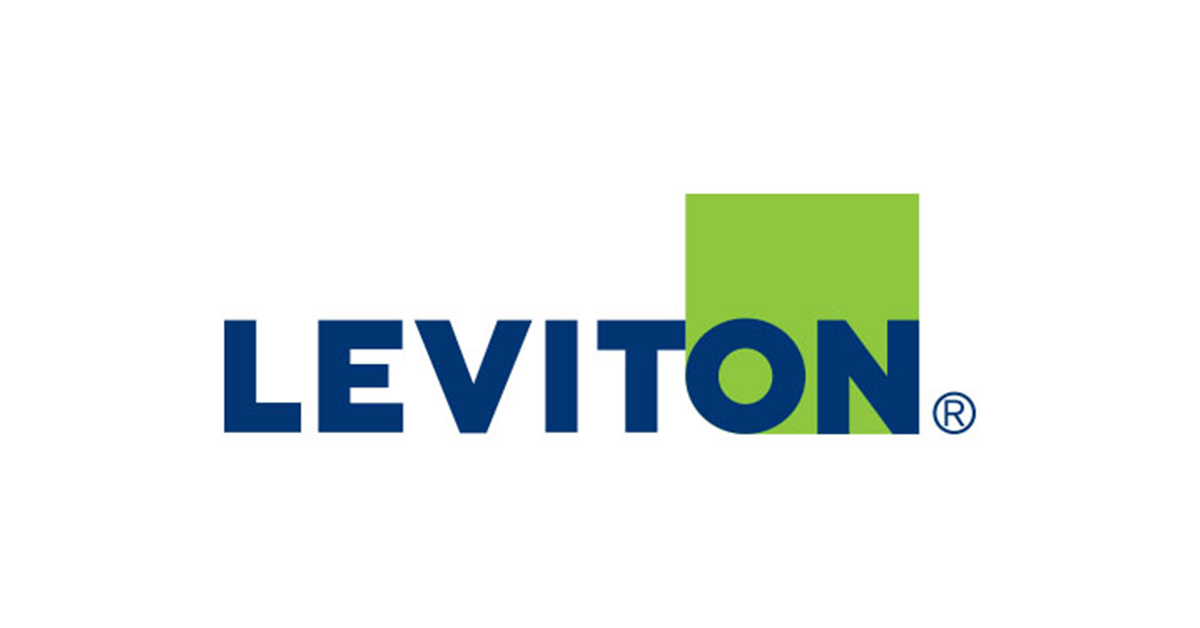Help Wanted: Where Are the Next Salespeople Coming From, Part 1

Jason Bader
I don’t know about you, buy I am very concerned for the future of outside sales. Every client I speak with is searching for new sales talent. The problem we all face is this: sales careers are not in vogue. Recent college graduates do not see the outside sales position as an attractive career choice. If distributors are going to continue along the current go to market path, they are going to have to shed the Willy Loman image of the profession.
As I prepared to put pen to paper, figuratively of course, I have been having conversations with several management professionals both in and out of distribution. We are all concerned where the next generation of sales people is going to come from. I was speaking with my marketing coordinator, a recent college graduate, over lunch. A gentleman from the next table leaned over and added his two cents, “I was interviewing a young guy for a $100K sales job and I barely got a legible resume from the kid.” He couldn’t find anyone remotely qualified to interview, much less accept the position. Savvy industries, such as insurance, have gone to great lengths to avoid the sales title. Junior producer and account manager seem to be gaining more hits. Perhaps they know something we don’t.
I have spent a lot of time recently with undergrads at my alma mater. A friend and I are developing a mentorship program for juniors and seniors with the hopes of pairing them with graduates in their field of choice. In asking about the types of careers these young people were looking for, none of them had considered sales as an interesting option, to the chagrin of my cohort who has been in pharmaceutical sales for the past 20 years. Sales is where the money is, right? When I got out of college, you earned your chops selling copiers and then moved on to other products. This concept really doesn’t resonate with these guys. Most of them identify “marketing” and “branding” as a suitable profession. Look, I have nothing against marketing. I have been married to a marketing professional for almost two decades.
Positioning and branding is absolutely necessary, but eventually somebody has to sell the widget. Somebody has to ask for the order. Somebody has to wake up every morning wanting to wield the broadsword and lop off heads. Somebody has to be the hunter.
I happen to really enjoy generational study when it comes to motivation in the workplace. These are the types of business frustrations that advisors, such as yours truly, tend to thrive on. With regard to this lack of interest in sales jobs, I can see some childhood influences playing a part. I am not sure what we were thinking, but sometime back in the nineties we quit keeping score. You know what I am talking about. Everyone got a turn at bat before the inning was over. All sporting events ended in a draw and everyone received a participation trophy. While this might have been thought to be good for children’s emotional well-being, it really screwed up their competitive instincts. This may sound a bit cynical, but look at the results. The generation graduating college today is less competitive than previous generations. Isn’t sales supposed to be about crushing the competition?
Communication skills are the cornerstone to a successful sales career. Knowing how to actively listen, formulate probing questions, cultivate relationships and show empathy are all necessary arrows in the salesperson’s quiver.Sadly, communications training is sorely lacking in higher education. Let me share a small example that led me to this conclusion. My marketing coordinator has worked with me through the last two years of her undergraduate degree in management. We often talk about the classes she is taking and debate how I do everything wrong according to her professors. I was very excited when she enrolled in the required public speaking course. This was right up my alley. In an attempt to help her with her first presentation, I wanted to know about the audience size and room she would be speaking in.
With an odd expression, she said she really didn’t know. Okay, how many people are in the class? She replied that she wasn’t sure. I asked if she had ever attended class. Her response was the most shocking and points to the heart of my conclusion. She said, “Um, it’s an online course.” She proceeded to tell me that she is supposed to videotape a speech and upload it to a site for her instructor to view. I must add that her instructor was three time zones away. Now I may be a bit thick, but how is this supposed to qualify as “public speaking”? I hope she got a discount.
One of the other challenging factors this generation is bringing to the table is a reliance on asynchronous communication. Simply put, they don’t speak face to face. You see it every day, and I must admit that I am guilty as well. Texting and emailing do not require to people to occupy the same moment in time. While this practice appears to be highly efficient, one can argue that the positives are outweighed by the lack of context and nuance of a conversation. How many times have you sent an electronic message that was taken the wrong way (I’m talking to you, mister all caps). If 93% of all communication is non-verbal, how can asynchronous correspondence be efficient at all?
I suspect that there might be a fear of personal interaction. I often ask my office mate to fix a website issue or do something a little different with one of our marketing pieces. As I watch her battle through to find a solution, I am amazed that picking up the phone is not one of her tools. She will get the answer, I guarantee that, but she would rather slog through a mountain of web advice versus speaking to a live human being. I have spoken to several of my contemporaries and they have all observed the same phenomenon with their junior employees. Verbal communication is deemed less reliable.
In Part 2, Jason offers two suggestions on where to find all these qualities in prospective employees.
Jason Bader is the managing partner of The Distribution Team, a firm that specializes in helping distributors become more profitable through strategic planning and operating efficiencies. The first 20 years of his career were spent working as a distribution executive. Today, he is a regular speaker at industry events and spends much of his time coaching individual distribution companies. For more information, call (503) 282-2333 or contact him by e-mail at Jason@Distributionteam.com. Also visit The Distribution Team’s website at www.thedistributionteam.com.
Attend “The Distribution Team Inventory Management Seminar”
Taking place November 5-6, 2015 in Chicago, Illinois, this seminar is a unique opportunity for all management personnel to learn over 30 different “hunting for cash” ideas that can be implemented immediately. All aspects of purchasing, inventory management, warehouse operations, branch operations, receiving and put away, cycle counting, dead stock management and practical distribution industry technology will be covered. This class is limited to the first 40 participants.
Special offer for Canadian Electrical Wholesaler readers
Receive a 15% discount on the seminar by using the promo code CEW15 during online registration.











